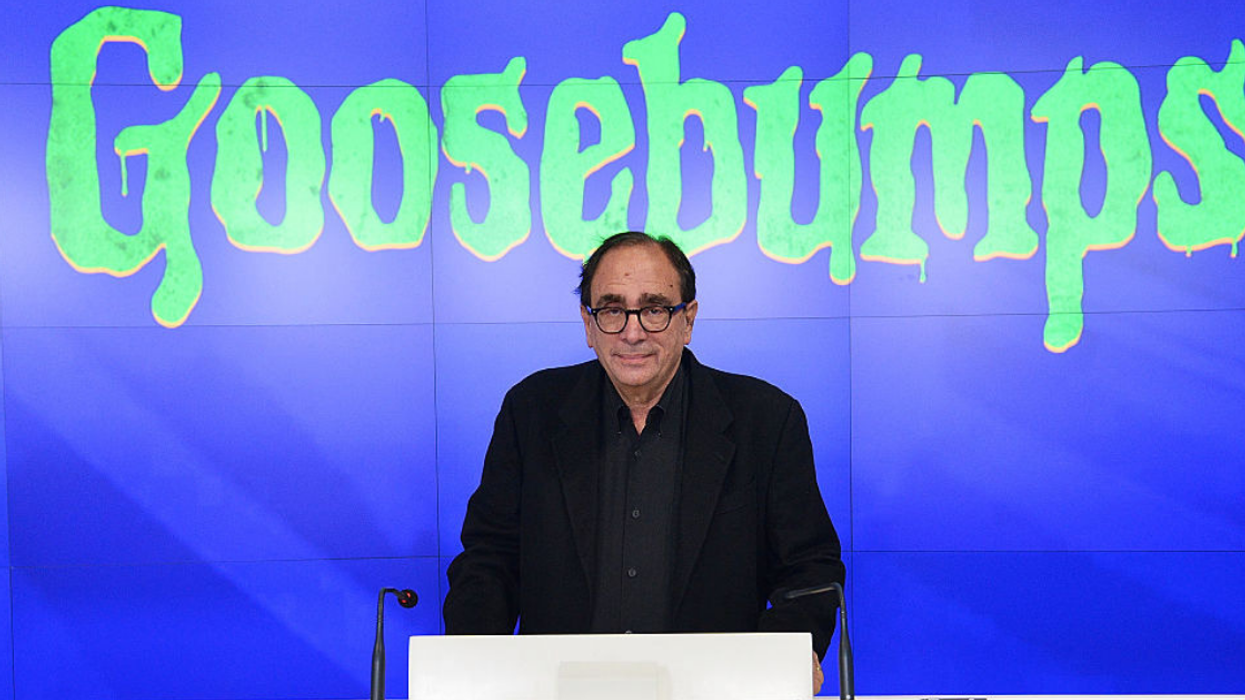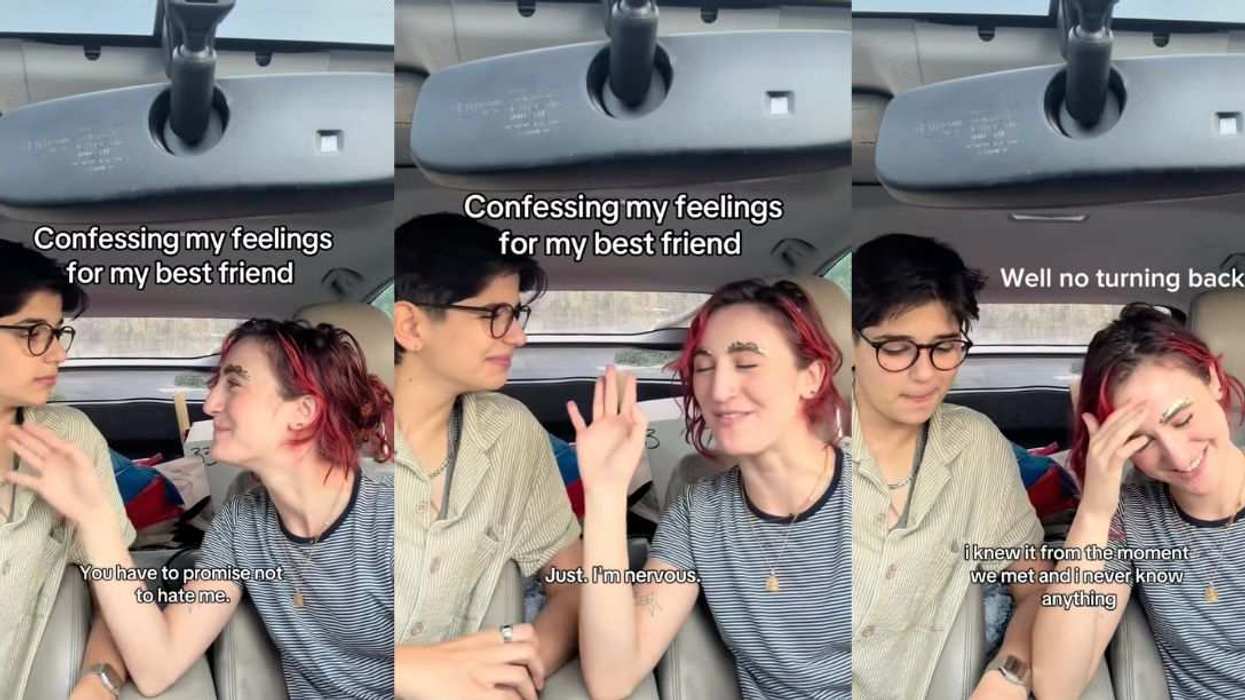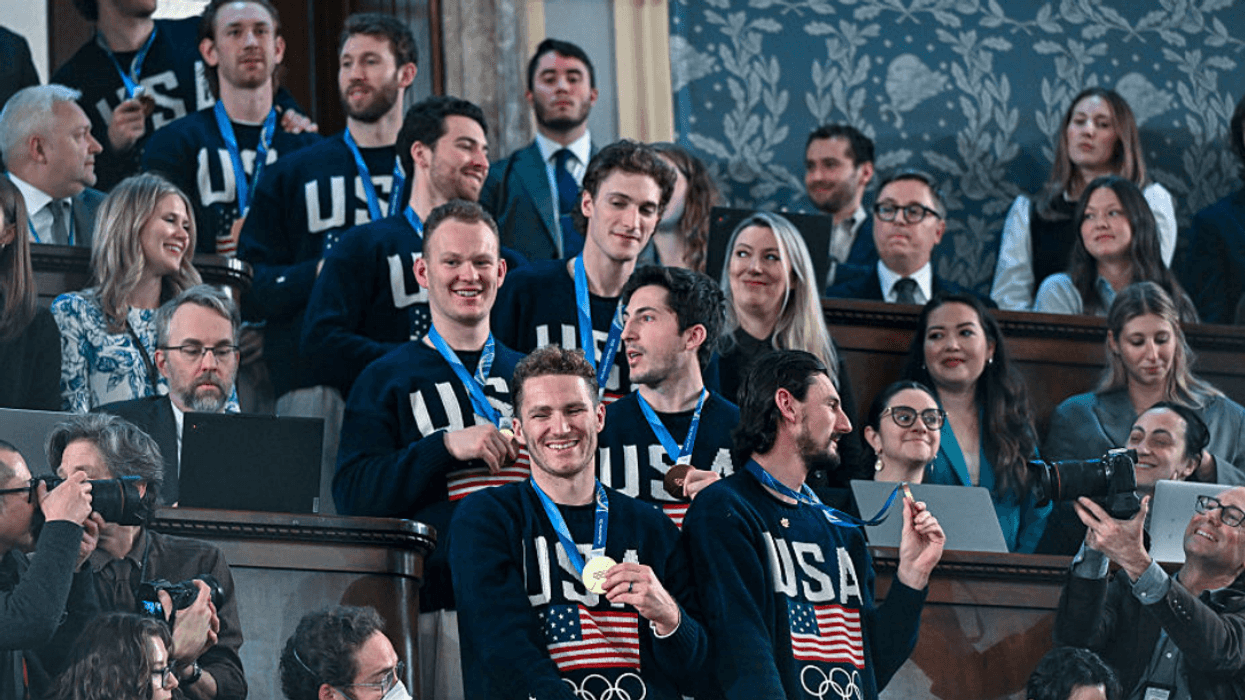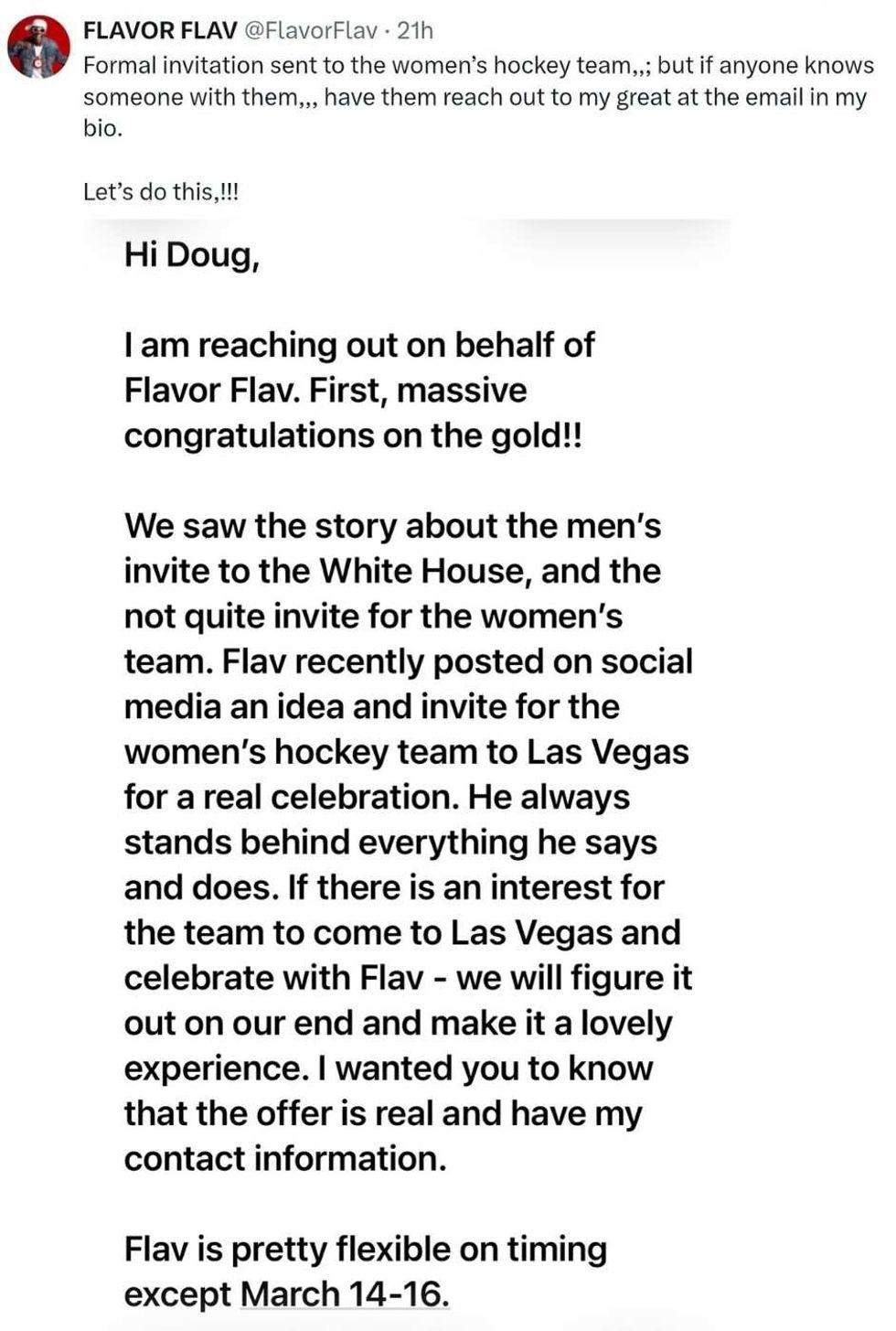R.L. Stine, the author of the landmark children's horror series Goosebumps, was a pivotal part of many childhoods.
Stine knows a thing or two about scaring people if books like Welcome to Dead House, The Curse of Camp Cold Lake, and Night of the Living Dummy are any indication.
Speaking to Mashable by phone, he had a fair amount to say about how societal fears have evolved over the years.
"Fears all stay the same," says Stine. "They never change. Afraid of the dark; afraid of being in some weird new place; afraid something's waiting for you in the garage — that never changes. But mainly the only thing that's changed is the technology."
In fact, he says, technology has ruined modern horror the most.
"The things that I think ruins mysteries and horror are cell phones — mobile phones," Stine says. "When you write you have to get rid of them right away."
He adds:
"You used to do a teen book where a girl is getting frightening phone calls, and she looks and says 'Who is this? Who's calling?'
Now she just looks at the screen and she knows who's calling, and the book is over! You get, you know, five kids trapped in a cabin in the woods and one of them's a murderer. Well now they just pick up the cell phone, they call for help!
Now you have to get the phones out of there right away."
Much of modern technology––or what's considered modern now––is absent from Stine's Goosebumps books. He also makes a salient point about technology and horror in general. Shows like Black Mirror have managed to successfully weave technology into storylines that have managed to scare the hell out of us ("Hated in the Nation," we're looking right at you!) but that's a show that's very much in the minority.
A lot of the more acclaimed horror films in recent years have eschewed technology in their storylines altogether. Take The Witch, for instance, a chilling saga of a family exiled from a Puritan colony in 17th century America.
Even a more "modern" film like It Follows takes place in a 1980s fantasia that lacks the benefit of technological staples like GPS and caller ID. Then there are slightly older films, like 2005's The Descent, about friends who become trapped in a cave system with killer creatures––you can't use a phone when you're so many feet underground!).
A lot of classic horror still holds up because the trappings of technology can't and don't impact the storyline. Would a film like 1974's Black Christmas, about a group of sorority sisters who are targeted by a deranged killer who sneaks into their attack, have been as unnerving if the girls had been able to trace the call without any difficulty? Would Jason Voorhees have successfully killed scores of teenagers in the Friday the 13th series if they'd read Yelp reviews or asked their friends on social media whether they should visit Camp Crystal Lake at all?
Probably not. Horror boomed, in part, during these years because of the novelty of technology.
Asked about why the Goosebumps series, which has sold more than 400 million copies worldwide, is still so successful, Stine had this to say:
"It's hard to believe, isn't it? I don't really understand it. We just keep going and I get to scare new generations.
I do think the movies have helped a lot — the two movies. After the first one came out, the book sales tripled. And movies are very powerful. But I think it's because, one, kids like to be scared, and two, the books are very easy to read."
And you only need to take a quick look online to see that Stine's legacy lives on:
Keep it up, Mr. Stine.















 @FlavorFlav/X
@FlavorFlav/X @flavorflavofficial/Instagram
@flavorflavofficial/Instagram @flavorflavofficial/Instagram
@flavorflavofficial/Instagram
